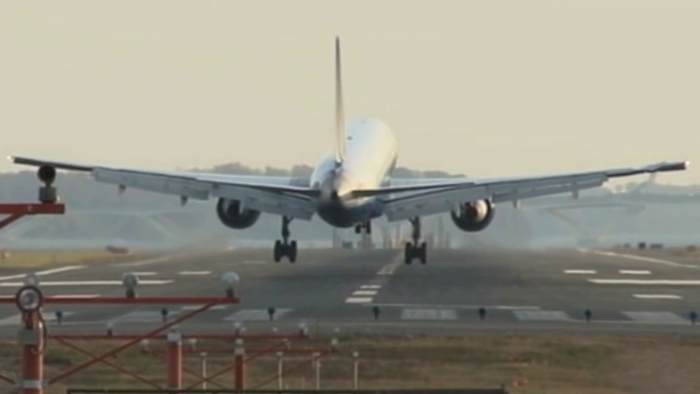SAN ANTONIO – Air traffic controller shortages are causing problems for travelers nationwide, including those in San Antonio, amid the ongoing federal government shutdown.
Federal employees, who are working without a clear idea of when they will be paid, have begun calling in sick more frequently.
Since the shutdown began on Oct. 1, Federal Aviation Administration advisories show that staffing shortages have caused occasional delays for flights into the Washington, D.C., and New York City areas, as well as Denver, Burbank, Nashville, Chicago, and Austin.
While the San Antonio International Airport has not yet made the list, it does not mean travelers have not felt the strain on their way out of the city, or even on their way to it.
Kendra Smith flew into San Antonio on Wednesday, a day later than she had hoped, after her first flight to Chicago O’Hare International Airport appeared to get caught up in staffing-induced delays.
Smith said she arrived in Chicago several hours later than expected and missed her connecting flight to San Antonio. She caught a different flight on Wednesday morning.
“It was very stressful and frustrating because I’m about to go to basic training,” she said. “So I just kind of wanted to get here and get it over with, but now it’s just pushed back.”
Another San Antonio traveler shared a message they received on Monday when their flight to Denver was pushed back during the timeframe of a staffing-induced “ground delay” at the Colorado airport.
Air traffic controllers are “excepted employees” and still required to show up for work amid the shutdown. Though they will eventually be paid, that won’t happen until funding is restored.
Transportation Secretary Sean Duffy said during a Monday news conference that there had been a “slight tick up” in sick calls and that the shutdown was putting more stress on workers who are considering picking up second jobs on top of a six-day schedule.
Federal employees are not allowed to go on strike, but there was already a shortage of air traffic controllers beforehand.
Michael McCormick, an associate professor and air traffic management program coordinator at Embry-Riddle Aeronautical University, sees a direct link between the shutdown and the increase in sick days for air traffic controllers.
The critical job already requires long hours and making thousands of decisions, he said. Now, controllers have to wonder when they will get paid next.
“So that stress piles up, and they have to make the individual’s decision, ‘Do I feel comfortable going in and working as an air traffic controller today?’” McCormick said. “When you add on top of that the unknowns, a controller may say to themselves, ‘Hey, I’m going in, and I’m taking care of business. When is business going to take care of me?’”
Read also:
Copyright 2025 by KSAT – All rights reserved.
